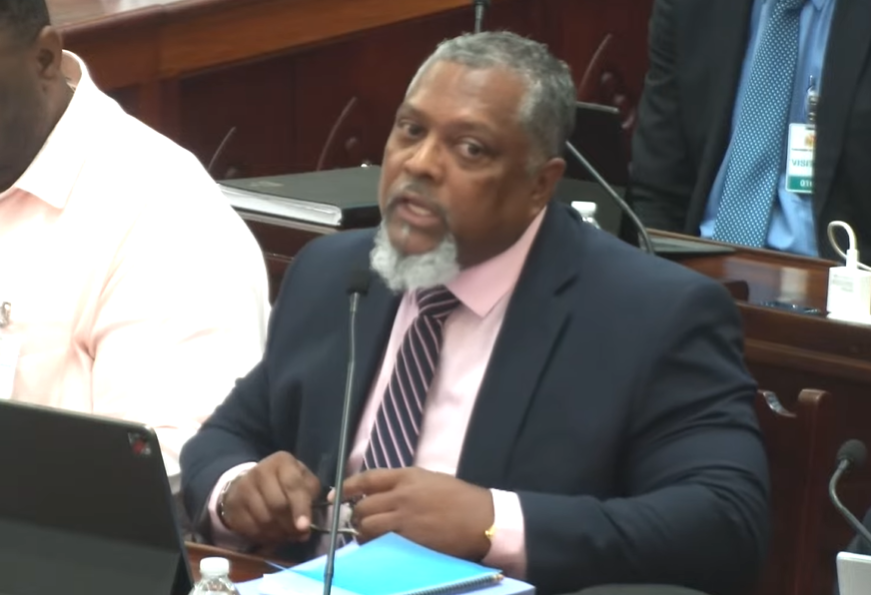Government Plans Medicinal Marijuana Project with Rastafarian Community in Joint Venture

March 7, 2024
Government considers medicinal marijuana project collaboration with Rastafarian community. Minister Weir shared plans for joint venture without set timeline. Initiative aims to involve community in cannabis industry development.
Government is looking to finance a medicinal marijuana project with the Rastafarian community, growing and processing the product before turning over the entire business to the community.
This was revealed in the House of Assembly on Wednesday as debate continued on the government’s Estimates of Expenditure and Revenue for the 2024-2025 financial year which starts on April 1.
As focus remained on the Ministry of Agriculture and Food Security, for which a budget of $85.42 million has been assigned, Minister Indar Weir did not put a timeline on the joint project with the Rastafarians but said the position came out of several meetings with the group who also use marijuana as part of their religious rites.
Weir, who was responding to a query from St Michael South MP Kirk Humphrey about the inclusion of Rastafarians in the emerging industry, said the ministry had conferred with the community.
“In terms of the enfranchisement model that we are using for medicinal cannabis, we had four meetings with the Rastas and we took from them what it is they would like to see in this model,” the minister said.
“The feedback that we got from them helped us to frame how we would go forward in making sure that they can participate. Most of them . . . suggested that the government finance the entire operation on their behalf and they have cited things about being punished in the past. When I combined all the information that I received from the discourse I had with them, we came up with a plan to establish a value chain operation that allows them to do cultivation, allows for processing to take place . . . and allows for a cooperative to be established, so that if the government participates, then the participation is based on the numbers.”
Weir said the administration anticipated that it would provide this opportunity to the Rastafarians through a cooperative but the government would leave the business arrangement after two or three years, just as the State plans to leave the sugar industry.
According to Weir, the numbers “look good” but the main issue was “market space”. However, conversations were taking place with an investor from St Vincent and the Grenadines.
Meanwhile, Acting Chief Executive Officer of the Barbados Medicinal Cannabis Licensing Authority (BMCLA) Shanika Roberts-Odle outlined some concerns of the Rastafarian community who want to become involved in the industry.
“Their concerns go beyond the current price of the licences. Their concerns go towards issues of land space, issues of the actual financing to establish their farms and to continue on with the processing at the level of standards that would be required,” she disclosed.
“Their concerns also have to do with markets. . . . It makes no sense giving someone a licence if you know they need far more than a licence to be able to establish a successful business.”


